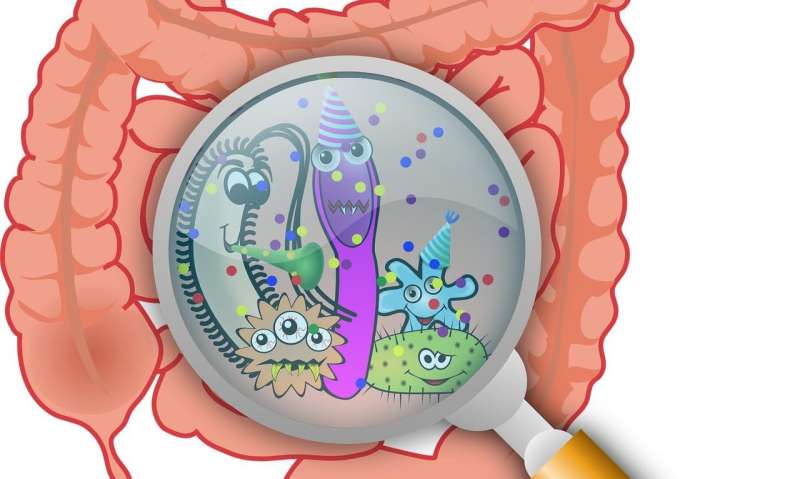Curing diseases with good bacteria

Researcher from the Institute of Biology, Leiden have discovered how good intestinal bacteria regulate our innate immune system. This surprising discovery could make it possible to treat diseases related to inflammation, such as diabetes and colitis, with a cocktail of good bacteria. Publication in Nature Communications.
Why bad bacteria are bad for people has been known for a long time. They activate the innate immune system (see box), which starts a defence mechanism in the form of an inflammation. But so far, it was largely unknown why good bacteria are good for people. Researchers Bjorn Koch and Herman Spaink have now discovered why good bacteria in the intestines have a positive influence on people and how good bacteria are recognized by our body.
For this discovery, the researchers looked at the so-called Toll-like receptors, proteins that play a crucial role in the innate immune system. "We have discovered that the Toll receptors that recognise bad bacteria also play a role in good bacteria, but in a very surprising way," says Spaink. "We discovered that good bacteria suppress the immune system via the Toll-like receptors."
And that is very unexpected, Spaink explains. "Normally, the presence of a bacterium or molecule causes a positive response in the body. Something is then activated, in the case of bad bacteria an inflammatory reaction. In the case of good bacteria, it is exactly the opposite: the absence of good bacteria activates the immune system, and the presence of good bacteria suppresses this system." And the latter is a desired effect in inflammatory related diseases. It is striking that not all genes of the innate immune system are suppressed by good bacteria, but a specific subset that had not been discovered before. This also provides opportunities for the development of new medicines against inflammatory diseases.
The discovery is interesting not only because of the fundamental insights, but also because of the application. "Good bacteria are very important," says Spaink. "But with inflammatory-related diseases such as type 2 diabetes and colitis, large quantities of bad bacteria take the upper hand. We have now scientifically demonstrated why good bacteria can help. We have also developed a method to determine per bacterium to what extent it is good or bad for the immune system." The results of Koch and Spaink's research could make it possible to give someone a cocktail of pre-selected bacteria as a medicine for diseases such as diabetes and colitis.
Humans and animals have an innate and an adaptive immune system. The innate immune system remains the same throughout life, while the adaptive system constantly adapts. For instance, vaccines target this adaptive system. Remarkably enough, the innate immune system is almost identical in all vertebrate organisms. So far, no significant differences have even been discovered between the innate immune system of humans and zebrafish larvae, which Spaink used for this research.




















